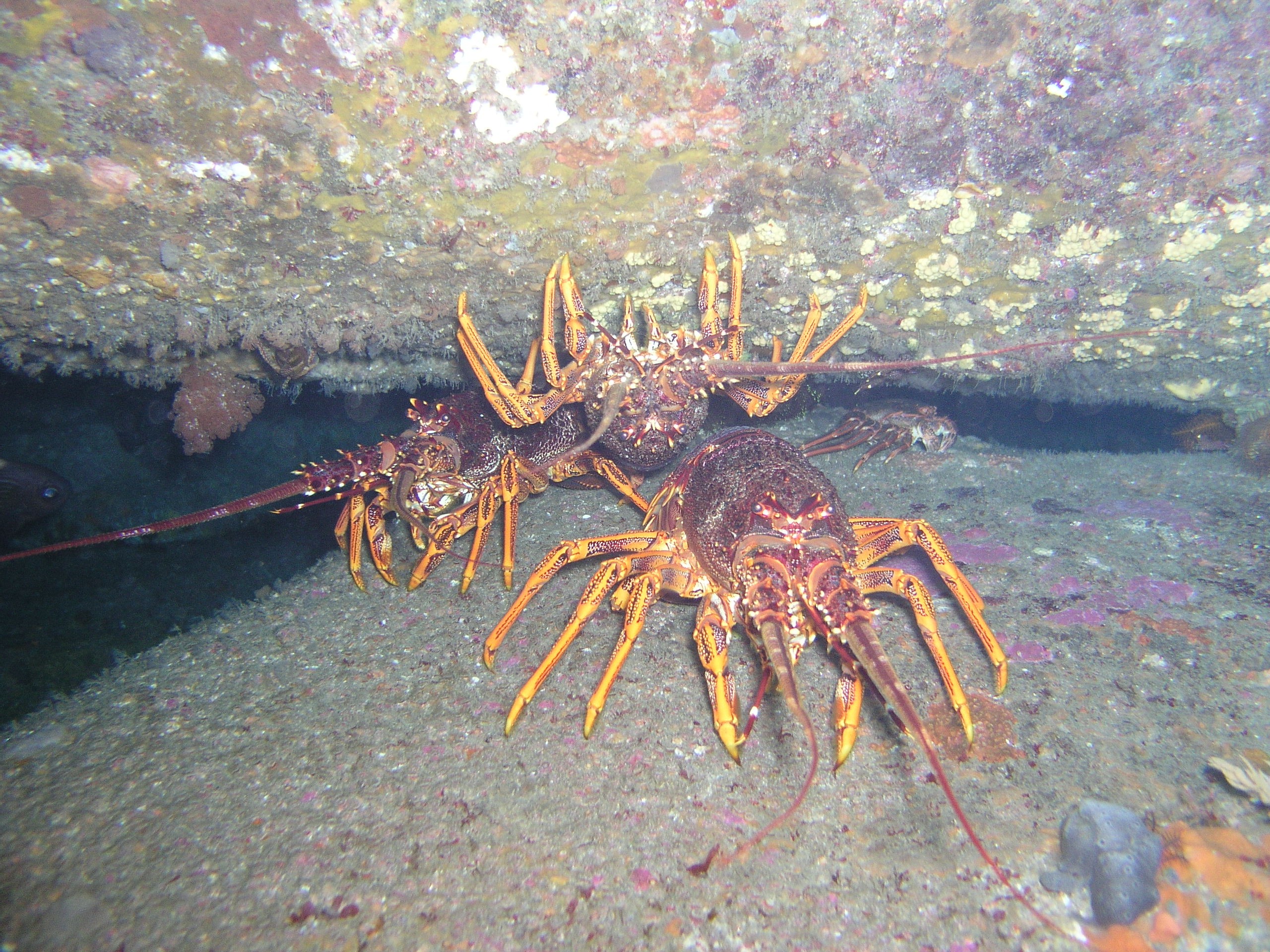Media Release
From: The Royal SocietyLobster organs and reflexes damaged by marine seismic surveys
A new study of the impact on marine life of seismic air guns, used in geological surveys of the seafloor, has found that the sensory organs and righting reflexes of rock lobster can be damaged by exposure to air gun signals.
Published in the journal Proceedings of the Royal Society B, the research by scientists from IMAS and the Centre for Marine Science and Technology at Curtin University is the latest in a series of studies they have conducted into how seismic surveys affect marine animals.
The study was funded by the Australian Government through the Fisheries Research and Development Corporation (FRDC), Origin Energy, and the Victorian Government’s CarbonNet Project.
Lead author Dr Ryan Day said researchers exposed rock lobster to seismic air gun noise during field tests in Tasmania’s Storm Bay and examined the effects on a key sensory organ, the statocyst, and the lobsters’ reflexes.
“While the impact of air guns on whales and fishes has been relatively well-studied, the effects on marine invertebrates such as lobsters, crabs and squid remain poorly understood,” Dr Day said.
“We chose to study the impact on rock lobster because they are a high value fishery and an important part of global marine ecosystems.
“Previous studies have shown that the statocyst, a sensory organ on a lobster’s head, is critical in controlling their righting reflex, enabling them to remain coordinated and evade predators.
“After exposing lobsters to the equivalent of a commercial air gun signal at a range of 100-150 metres, our study found that the animals suffered significant and lasting damage to their statocyst and righting reflexes.
“The damage was incurred at the time of exposure and persisted for at least one year - surprisingly, even after the exposed lobsters moulted,” Dr Day said.
The study’s Principal Investigator, Associate Professor Jayson Semmens, said that while the ecological impacts of the damage were not evaluated, the impairment would likely affect a lobster’s ability to function in the wild.
“This study adds to a growing body of research that shows marine invertebrates can suffer physiological impacts and changes to their reflexes in response to anthropogenic noise such as seismic surveys,” Associate Professor Semmens said.
“In recent years our research team has also looked at the impact of seismic surveys on lobster embryos, scallops and zooplankton
“Such studies are important to enable government, industry and the community to make informed decisions about how such activities can best be conducted while minimising negative outcomes for fisheries and ecosystems globally,” he said.




